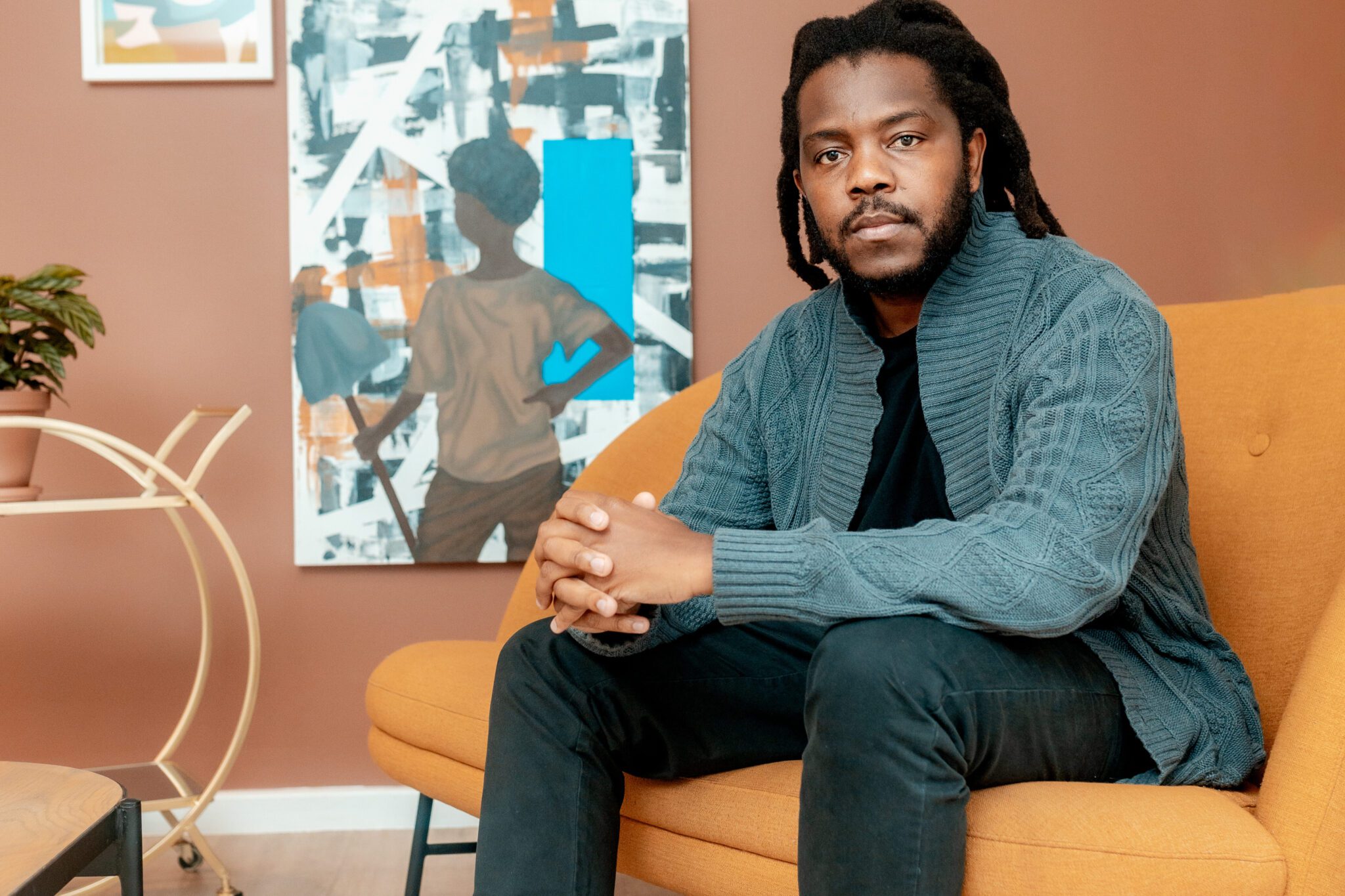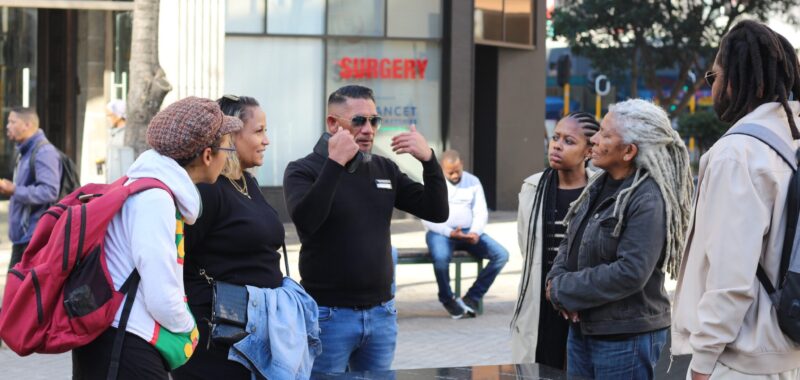Skift Take
Curiocity, a South-African company that offers both tours and activities as well as hotel and hostel stays, had to pivot post-pandemic. The switch reveals a new focus on domestic travel and Afro-tourism, driving a shift in its business model.
Curiocity, a travel company rooted in immersive and local experiences in South Africa, never experienced the post-Covid travel boom. Instead of a sudden and possibly short-lived boost, however, a new audience dedicated to local, community-oriented, impact tourism emerged.
âPost-pandemic, we thought there’ll be this massive pent-up demand where everyone would be itching just to travel,â said Bheki Dube, the founder and CEO of Curiocity. âUnfortunately, and maybe fortunately, that hasn’t been the case.â


Curiocity offers locally owned hotels, hostels, and travel experiences. The company has a total of eight hotel and hostel locations, with its latest opening this month on Kloof Street, a trendy area in Cape Town.
A Changing Customer BaseÂ
After the worst of the pandemic had passed, the company started seeing far more domestic guests. Pre-Covid, 90% of its clientele was international, and just 10% came from domestic customers. Now, it has a 50/50 split.
âItâs a good thing,â said Bheki. âBecause that means that the local market is starting to travel in their own backyard and immersing themselves in the neighborhoods they live in.â
And while many of Curiocityâs customers were from Germany, Austria, and Denmark, it now largely sees people from South Africa and Brazil.Â
Part of this shift is that there are now direct flights from Brazil to Johannesburg and Cape Town, but Bheki is also seeing a surge in interest in Afro-tourism.
Many of his guests are Black American travelers coming onto the continent to reconnect with their history. âThey want to come to the motherland and immerse themselves,â he said.
Some travelers visit for the Afro fashion and music festivals. Curiocity brings them to meet local fashion designers and creators.
âItâs beyond tourism now,â Bheki said. âItâs more about connecting with people, connecting with changemakers in South Africa.â
In addition to these cultural tours, they are also seeing a lot of business cohorts doing their MBAs. They are coming from investment firms and banks and looking to learn about the economy of South Africa.
@curiocity.africa PHILIPPI VILLAGE DAY VLOG Spend the day with us as we explore this vibrant community hub that celebrates Ubuntu, drives innovation & creates safe cultural spaces for locals. Philippi Village hosts a diverse community of entrepreneurs and small business owners, offering retail, office, and event spaces, along with sporting, educational, and cultural facilities. We’re excited to discover and collaborate with spaces like @phillippivillage that share our values of community, creating connections, creativity, and inclusivity! #curiocity #SAMA28 #experiences #philippi #community
⬠original sound – CURIOCITY AFRICA
A New Kind of Tour Operator
To address this shift, Curiocity has adjusted its offerings.
âWe have become very intentional about what tours we are doing,â Bheki said. In Cape Town, they offer a tour called Black Route, which looks at Cape Town from an indigenous perspective.
âItâs beyond pigmentation, though,â he said. âThere are a lot of people who are white and saying, we know the tourist narrative, but I want to learn from the people that were here before all of us.â
For the business cohorts, Bheki is offering tours that expose visitors to local entrepreneurs who have shaped the country. For example, in Johannesburg, major industries moved out of the inner city in the late 1980s and early 1990s, but those who remained played an instrumental role in sustaining the cityâs economy.
The company’s approach to these cohorts is similar to that of the local travelers. Bheki is organizing tours so these people can meet local entrepreneurs and learn about the grassroots way in which they have built their businesses
âWhat you end up having is almost like knowledge-sharing systems and shared values,â Bheki said. Whether itâs an MBA cohort or an executive from a top company, they are meeting a young local entrepreneur who is an artist or coffee shop owner.â

